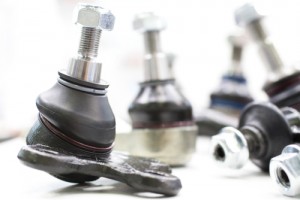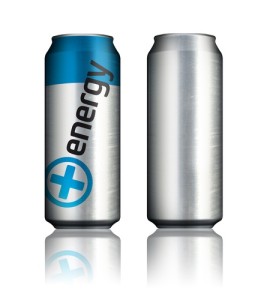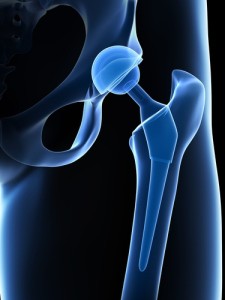There are thousands of DePuy ASR hip replacement lawsuits, most of them alleging pain and defects that frequently require a revision hip surgery and implantation of a safer device (something that is not a metal-on-metal hip implant). Speaking frankly, I think most plaintiffs’ lawyers consider these DePuy cases to have high settlement and trial value. I really don’t think DePuy/Johnson & Johnson will be racing to the courthouse steps to try these cases. I’m betting these cases unfold like the Bayer Yaz cases: a lot of tough talk, but an abject fear of a trial which will lead to massive numbers of settlements.
Anyway, the DePuy ASR hip replacement injury cases, most of them merged in a class action known as an MDL, are heading to trial. Dates for two bellwether cases have been set—May 6, 2013, for one, and July 8, 2013, for the other.
We don’t know which cases will go to trial yet, only that two trials are set. Among the thousands (4,451 as of July 10) of DePuy hip implant cases filed and merged in the United States District Court for the District of Ohio, the lawyers get to pick. The judge has requested that each side choose four cases that they would like to see go to trial. The cases chosen must involve a revision surgery and must satisfy certain discovery requirements.
Here’s the timeline, according to Case Management Order No. 14:
- August 8, 2012: Each side selects four potential cases.
- November 1, 2012: End of discovery for the eight selected cases. This is not full discovery, but limited discovery to help identify the ideal bellwether cases.
- December 1, 2012: The parties should tell the court which of the eight cases should be bellwether cases. The parties can agree on the cases to be used.
- December 15, 2012: If the parties do not agree on which cases should be bellwether cases, the court will pick four total (two primary cases, and two backup cases).
Additional time will be allocated for specific discovery in the four cases.
The bellweather trials are a vital part of the MDL process. The chosen cases guide both plaintiffs and defendants in deciding whether hip replacement settlements are possible, and for how much. It is instructive to see how a jury will evaluate these cases. For that reason, the parties often must fight the urge to pick what they see as the best cases—it is more instructive to choose garden variety cases representative of most cases. That said, there is a certain appeal to winning the bellweather cases, even if they are not necessarily representative of the rest of the cases. Winning plays a huge psychological role in how the other side views their chances for other cases. Continue reading
 Maryland Injury Law Center
Maryland Injury Law Center








